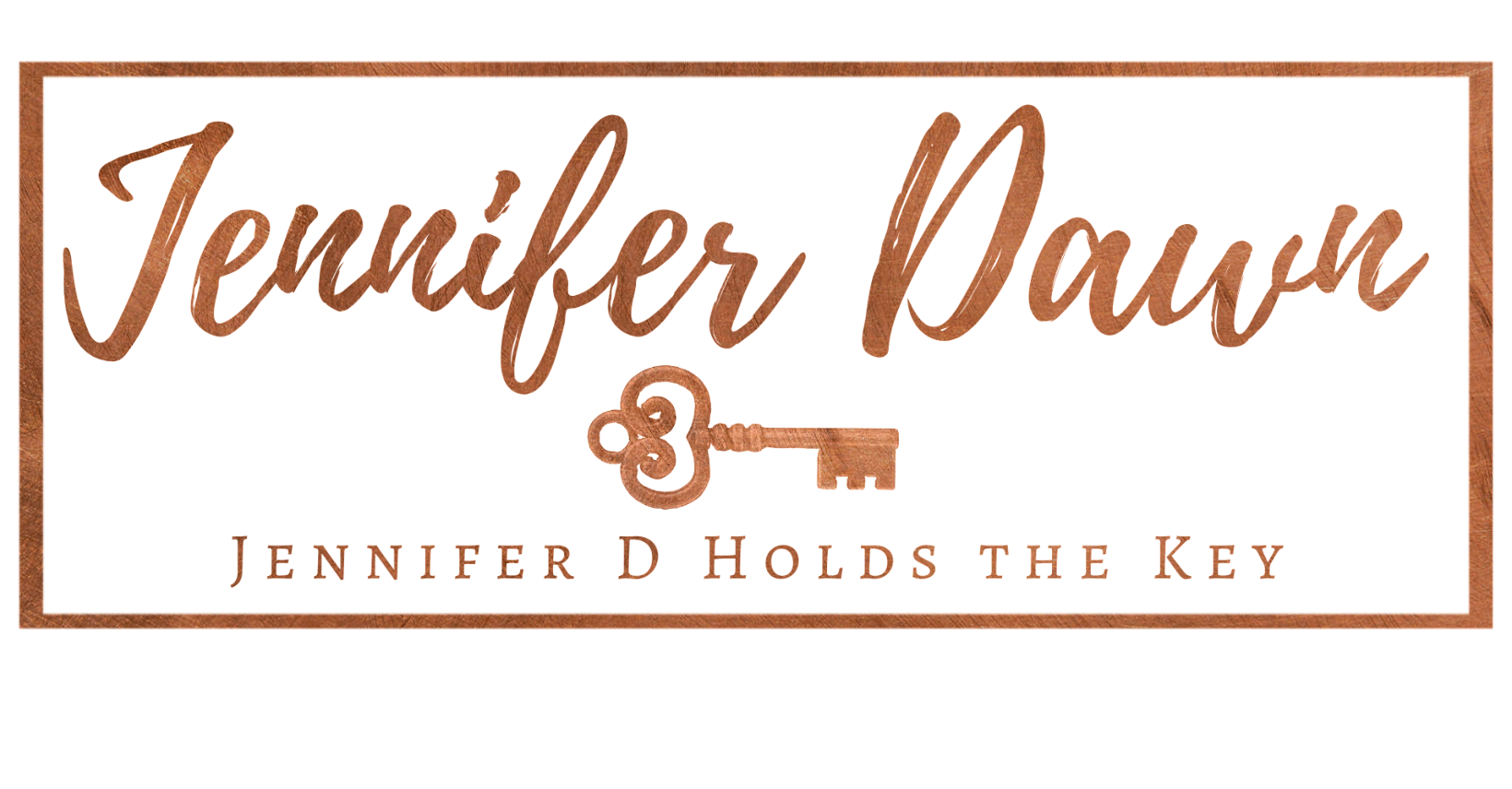Conventional Loan
Conventional loan requirements vary by lender. However, all conventional loans have to meet certain guidelines set by Fannie Mae and Freddie Mac. These include a 620 credit score, a debt-to-income ratio lower than 43%, and at least a 3% down payment. The mortgage also has to be within conventional loan limits: up to $510,400 in most areas.
Also known as conforming loans, conventional loans “conform” to a set of standards set by Fannie Mae and Freddie Mac. Conventional loans boast great rates, lower costs, and homebuying flexibility. So, it’s no surprise that it’s the loan option of choice for over 60% of all mortgage applicants.
Highlights of the conventional loan program:
Can use to buy a primary residence, second home, or rental property
Available in fixed rates, adjustable rates (ARMs) with loan terms from 10 to 30 years
Down payments as low as 3%
No monthly private mortgage insurance (PMI) with a down payment of at least 20%
Lower mortgage insurance costs than FHA loans
Mortgage insurance is cancelable when home equity reaches 20% (unlike FHA which lasts the life of the loan, in most cases)
SOURCE: https://mymortgageinsider.com/conventional-conforming-purchase-loan/
VA Loan
Backed by the U.S. Department of Veterans Affairs, VA loans are designed to help active-duty military personnel, veterans and certain other groups become homeowners at an affordable cost. The VA loan asks for no down payment, requires no mortgage insurance, and has lenient rules about qualifying, among many other advantages.
Contrary to popular belief, VA loans are available not only to veterans, but also to other classes of military personnel. The list of eligible VA borrowers includes:
Active-duty servicepersons
Members of the National Guard
Reservists
Surviving spouses of veterans
Cadets at the U.S. Military, Air Force or Coast Guard Academy
Midshipmen at the U.S. Naval Academy
Officers at the National Oceanic & Atmospheric Administration.
A minimum term of service is typically required.
SOURCE: https://themortgagereports.com/13222/10-biggest-benefits-of-a-va-home-loan#rates
FHA Loan
FHA loans — mortgages insured by the Federal Housing Administration — are one of the most popular low-down-payment loans. FHA mortgages let you purchase a house with just 3.5 percent down and also make it possible to get a mortgage with lower credit or higher debt than other programs allow. FHA mortgage rates tend to be lower, too.
These FHA loan requirements are a lot more lenient than other mortgages.
For instance, FHA allows credit scores as low as 500, while the lowest allowable for most other loan types is 620 or higher.
And FHA allows debt-to-income ratios up to 50% in some cases, while conventional loans max out at 43%. That means if you have a lot of current debt, you’ll be more likely to qualify for a home loan with FHA.
Overall, these guidelines make it possible to buy a house with FHA even if you don’t have a super high credit score or a ton of money saved up.
FHA 203k loan
An FHA 203k loan, (sometimes called a Rehab Loan or FHA Construction loan) allows you to finance not one, but two major items 1) the house itself, and; 2) needed/wanted repairs. Because the lender tracks and verifies repairs, it is willing to approve a loan on a home it wouldn’t otherwise consider.
The loan addresses a common problem when buying a fixer home: lenders often don’t approve loans for homes in need of major repairs.
A home must meet certain safety and livability standards. Some home buyers are handy enough to buy the house and fix it up themselves. But, if the home is too run down, you can’t get a loan in the first place.
The 203k lets you buy and fix up a house in one transaction, allowing the lender to approve the loan despite its initial condition.
SOURCE: https://themortgagereports.com/14946/fha-203k-loan-mortgage-lender-rates
Many Types of Fixed Rate Mortgages
The most popular form of fixed-interest home financing is the 30-year fixed mortgage. This option spreads out the principal repayment over a long period of time, making even very expensive homes affordable on a monthly basis.
Other fixed rate options are available in the marketplace, including the popular 15-year fixed rate. Additional short-term options include the 20-year, 10-year, and even 5-year fixed. Some lenders even offer any loan term you’d like, such as a 13-year mortgage.
No matter what loan term (meaning length of the loan) you choose, they work the same. The longer the term, the lower the monthly payment will be.
SOURCE: https://themortgagereports.com/27360/fixed-rate-mortgage
What Is An Adjustable-Rate Mortgage (ARM)?
An adjustable-rate mortgage (ARM) is exactly what its name implies. It’s a mortgage for which the interest rate adjusts over the life of the loan.
However, rates don’t just adjust willy-nilly. The mortgage rates of an adjustable-rate loan are carefully controlled.
The majority of today’s ARMs work like this :
For the first group of years, your mortgage rate is fixed and unchanged
After the initial group of years, your mortgage rate adjusts once per year
After 30 years, your loan is paid-in-full, as with any other 30-year loan
So, the key to an ARM is how it will adjust each year. Thankfully, this process is regulated for loans via Fannie Mae and Freddie Mac (i.e.; conventional loans); and loans via the FHA and the VA.
Regulation protects mortgage borrowers from having to accept huge jumps in a mortgage rate on an annual basis. Mortgage rate changes are severely limited.
For example, with a 5-year ARM, the initial mortgage rate of the loan remains fixed for a period of 5 years. After the 5 years are over, the mortgage rate changes on the loan’s “anniversary” every year for the next twenty-five years.
The new rate is often prescribed by the following formula.
New Mortgage Rate) = (12-Month LIBOR Rate) + (2.75%)
SOURCE: https://themortgagereports.com/18197/5-year-arm-for-first-time-home-buyers


